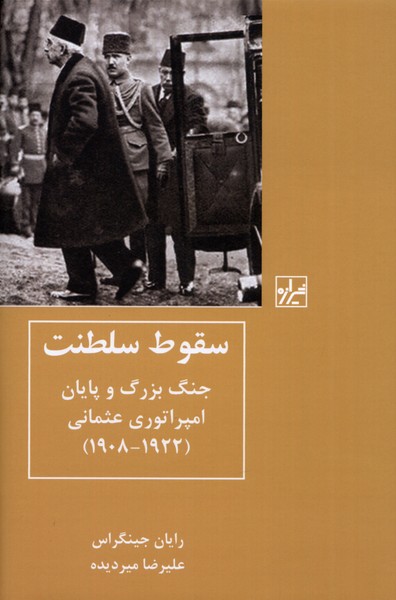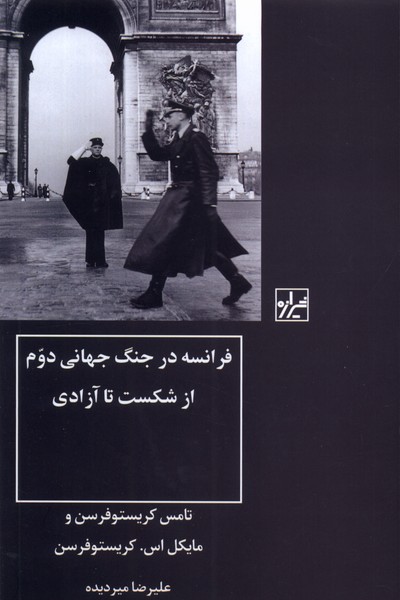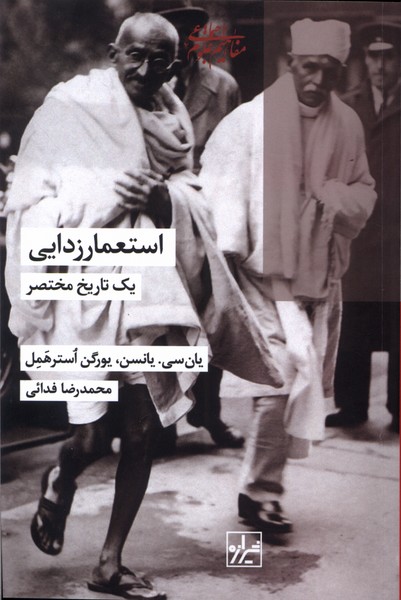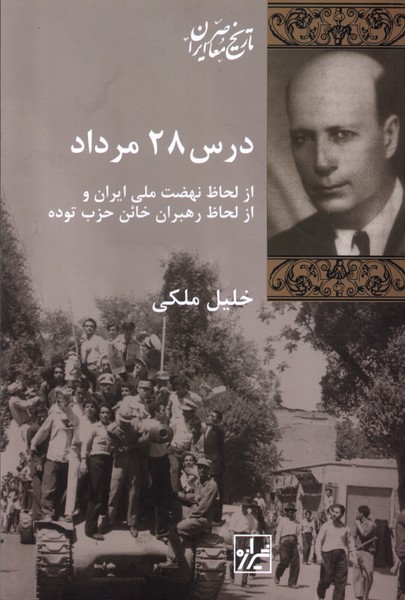Jazābīyat-i Farhang dar Tārīkh-i Ālmān: Persiska (Farsi) 1404
جذابیت فرهنگ در تاریخ آلمان
17,51 $
Dela
Wishlist
Originaltitel:
The Seduction of Culture in German History
ISBN:
9786225346604
Översättare:
'alīrizā Mīr'dīdah
Förlag:
Shirazih
Åldersgrupp:
Vuxen
Sidor:
325
Vikt:
321 g
Produktmått:
14 x 21 x 3 cm
Bokomslag:
Pocketbok
During the Allied bombing of Germany, Hitler was more distressed by the loss of cultural treasures than by the leveling of homes. Remarkably, his propagandists broadcast this fact, convinced that it would reveal not his callousness but his the destruction had failed to crush his artist's spirit. It is impossible to begin to make sense of this thinking without understanding what Wolf Lepenies calls The Seduction of Culture in German History .
This fascinating and unusual book tells the story of an arguably catastrophic German habit--that of valuing cultural achievement above all else and envisioning it as a noble substitute for politics. Lepenies examines how this tendency has affected German history from the late eighteenth century to today. He argues that the German preference for art over politics is essential to understanding the peculiar nature of Nazism, including its aesthetic appeal to many Germans (and others) and the fact that Hitler and many in his circle were failed artists and intellectuals who seem to have practiced their politics as a substitute form of art.
In a series of historical, intellectual, literary, and artistic vignettes told in an essayistic style full of compelling aphorisms, this wide-ranging book pays special attention to Goethe and Thomas Mann, and also contains brilliant discussions of such diverse figures as Novalis, Walt Whitman, Leo Strauss, and Allan Bloom. The Seduction of Culture in German History is concerned not only with Germany, but with how the German obsession with culture, sense of cultural superiority, and scorn of politics have affected its relations with other countries, France and the United States in particular.
more
شمار کتابهایی که درباره قدرت گرفتن هیتلر در آلمان و تاریخ جنبش نازیسم منتشر شده بسیار پُرشمارند و هر ساله نیز بر تعدادشان افزدوه میشود بهنحوی که بهنظر میرسد هیچکدام از توضیحات تاریخنگارانه، جامعهشناختی، سیاسی و ایدئولوژیک اگر هم موفق شوند نوری بر چگونگی ظهور و سقوط این واقعه شوم بیندازند هنوز پاسخی کافی نیستند به حیرت از وقوع آن. کتاب حاضر را باید سعی و تلاشی دانست در امتداد تمامی آن مساعی پیشین از طریق بررسی نگرش آلمانی به فرهنگ. نگرشی که فرهنگ را جایگزینی میداند برای سیاست، و سیاست، خاصه سیاست پارلمانی را بهعنوان عرصه چانهزنیهای کوتهنگرانه و بدهبستانهایی تلقی میکند میان گروههایی با منافع خاص که آن را بیارزش میسازد.
more
















